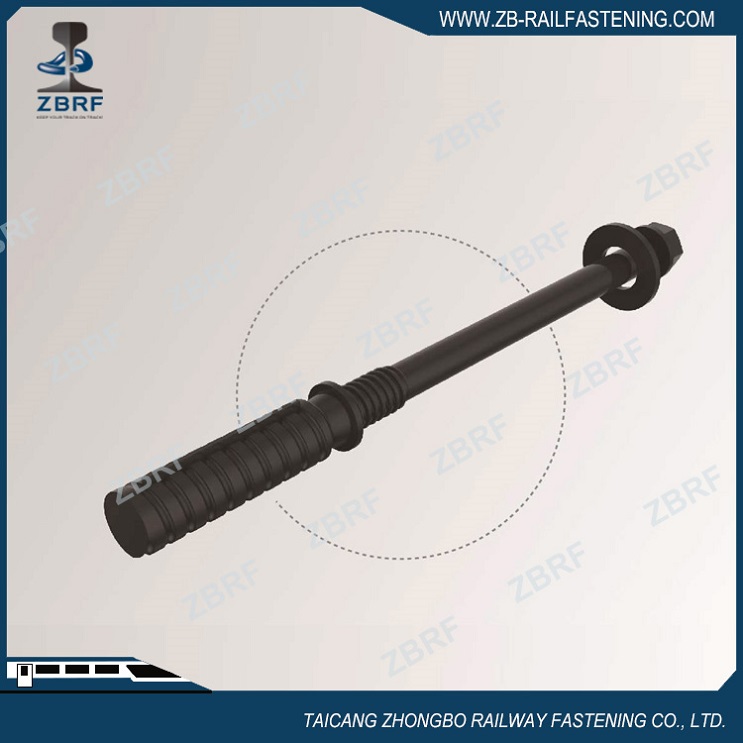Tunnel Spear Bolt is classified under the special type of bolts that are known as structural bolts which can be produced in various grades, sizes and load capacities depending on their specific use. These spear tunnel Bolt are utilized to make transportation through undersea and underground tunnels possible by binding together a number of metal beams and posts which make up the tunnel`s frame.
Application of Tunnel Spear Bolt
For comnecting concrete rings by casting plastic dowel in
Photos of Application of Tunnel Spear Bolt

Technical Requirement of Tunnel Spear Bolt
1.Material :grade 4.6,5.8,6.8,8.8,10.9,12.9
2. finish
Plain,Dacroment,Hot Dip Galvanized
Supply city of Tunnel Spear Bolt
Denmark,Spain,India,Italy,USA
Tunnel Spear Bolt,Rail Steel Tie,Spear Bolt With Washer,Hdg Spear Bolt
TAICANG ZHONGBO RAILWAY FASTENING CO., LTD. , https://www.railfastener.com